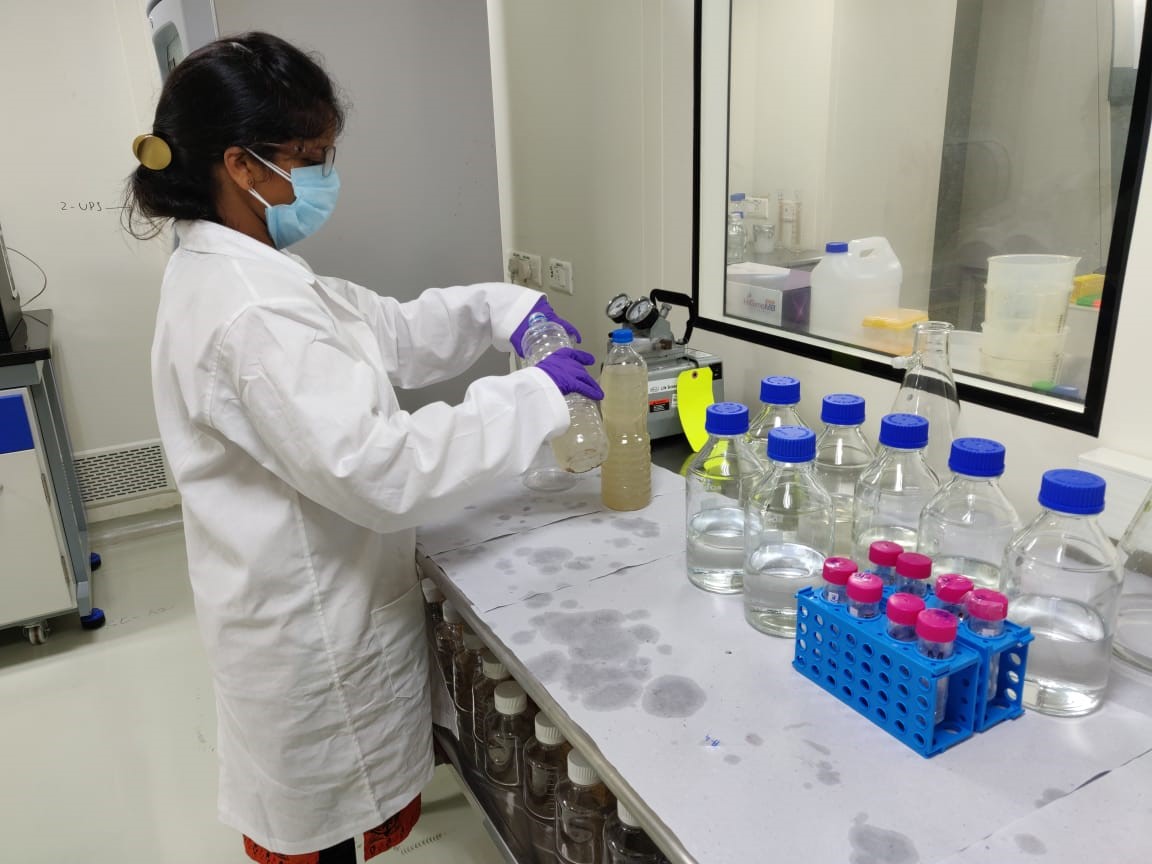
Diagnostic Test for Pre-Diabetic Condition
- News
- 1.5K
Scientists from the Pune-based National Chemicals Laboratory (NCL) have found that in a pre-diabetic condition, blood has an abundance of glucose bound to units of protein serum albumin. This biological state can be used as a biomarker for diagnosing the pre-diabetic condition.
Diabetes is a major health problem in India. An estimated 72 million Indians suffer from diabetes and this number is projected to go up in the future. In such a situation, the diagnosis of pre-diabetes can help in controlling the burden of disease through suitable lifestyle modifications.
Although diagnostic methods such as oral glucose tolerance test, fasting plasma glucose test, etc. can tell us about the pre-diabetic condition, many times it remains undiagnosed.
Researchers have found that abundance of glucose bound peptides (smaller units of a protein) of protein serum albumin can help in accurately diagnosing pre-diabetes. Serum albumin is a protein found in blood plasma which binds to steroids, fatty acids, and thyroid hormones and carries them.
If prediabetes is not controlled in time it can lead to the development of diabetes and complications in the functioning of blood vessels. “The annual conversion rate of prediabetes to diabetes is about 5 to 10%. But a timely diagnosis of prediabetes and lifestyle changes can reverse the pre-diabetic population to a normal state,” explained Dr. Mahesh Kulkarni, leader of the research team, while talking to India Science Wire.
For this study, scientists collected blood samples from individuals visiting a diabetes clinic in Pune. A series of diagnostic tests such as levels of glucose bound hemoglobin, fasting blood glucose and lipid profiles were performed. Based on the results, samples were divided as pre-diabetic and normal.
Scientists then isolated proteins from these samples and further analyzed characteristics of proteins through mass spectrometry analysis. It was found that glucose can bound to fourteen peptides of serum albumin protein, but in a pre-diabetic condition, there was an abundance of three specific peptides bound to glucose. This insight, researchers feel, could be used for assessing the pre-diabetic state of individuals.
“Currently these peptides are quantified by mass spectrometry, which is relatively less throughput and not available in common diagnostic labs. Therefore, we aim to develop specific monoclonal antibodies against these peptides and develop user-friendly immunoassay,” Dr. Kulkarni said.
The research team included Rajeshwari Rathore, Babasaheb P. Sonwane, M.G. Jagadeesha Prasad, B. Santhakumari (CSIR-NCL); and Shweta Kahar and A.G. Unnikrishnan (Chellaram Diabetes Institute, Pune). The findings have been published in the Journal of Proteomics. (ISW)
If you liked this article, then please subscribe to our YouTube Channel for the latest Science & Tech news. You can also find us on Twitter & Facebook.


